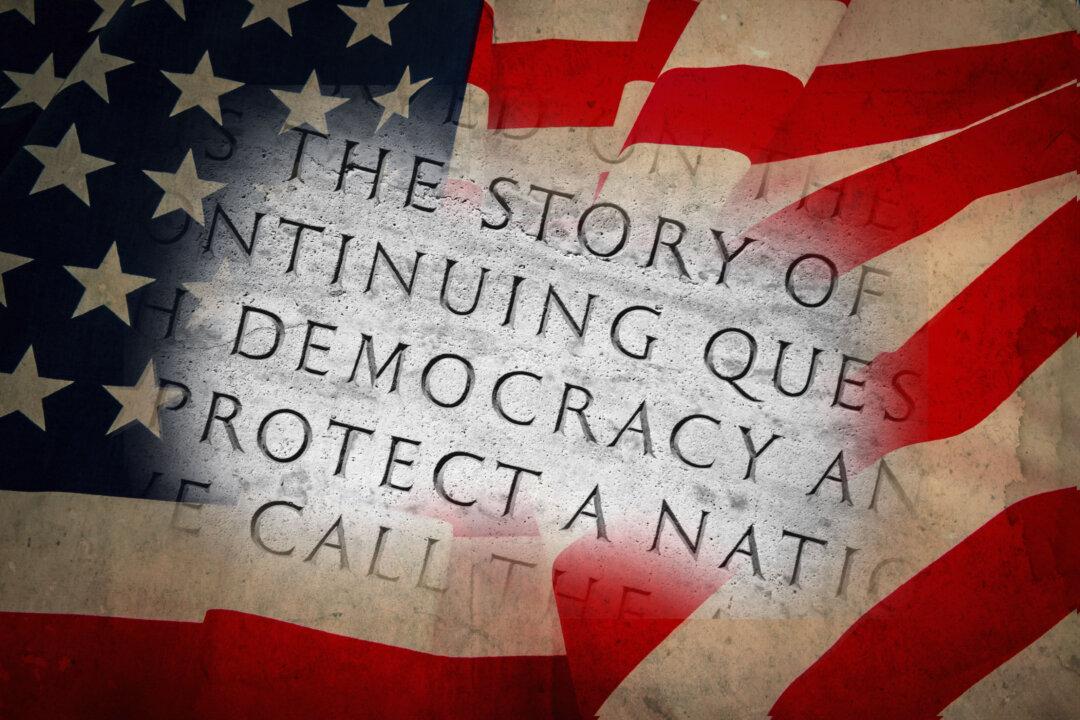People who care about the U.S.’s place in the world often fret about challenges to representative democracy from other countries. I'd contend that the more formidable challenge comes not from abroad, but from within.
For starters, it’s hard to make American representative democracy work. Our country is large, growing, and astoundingly diverse by every definition of the term. To govern it, we rely on a bewildering array of branches and units of government, which means that to solve a problem you have to navigate a slow, untidy system.
And that system rests on the consent of a public that often wants mutually contradictory things: to encourage the risk-taking that produces a dynamic economy, for instance, while reining in the private sector’s excesses; or to shrink the deficit, but without cuts in defense spending or entitlements and no additional taxes.




